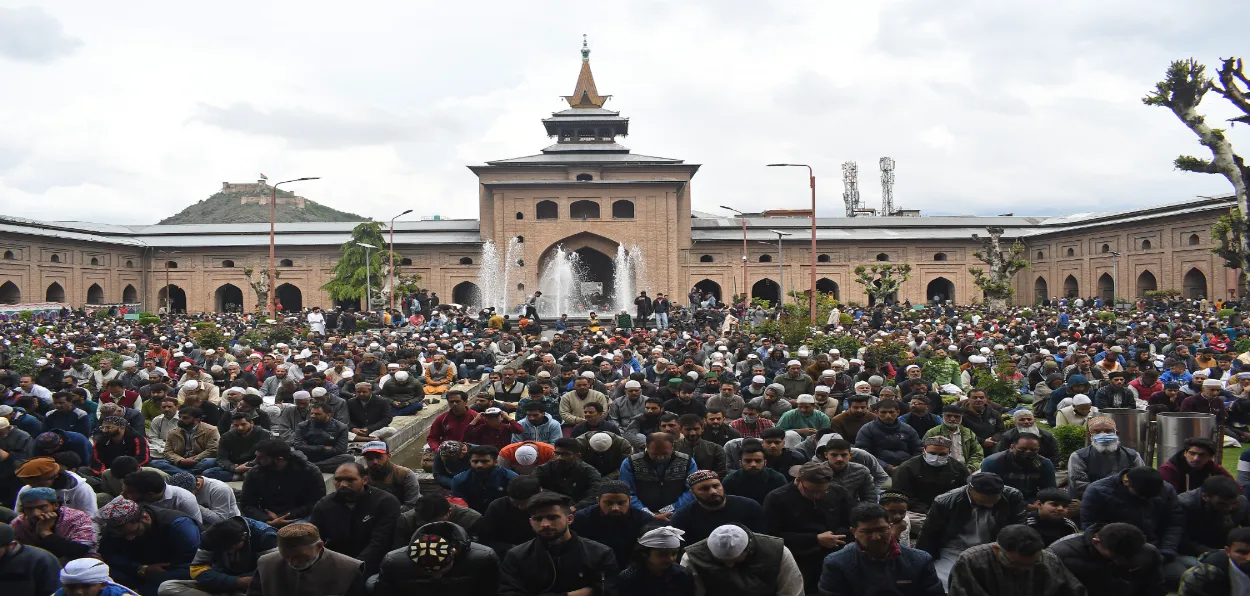
Saquib Salim
I am writing this on the last Friday of Ramadan, a day before Eid-ul-Fitr, which is a day of celebration for Muslims across the world. However, for Indian Muslims, this day has added significance. Muslims celebrate the end of the month in which their character for adherence to strict dawn-to-duck fasting is tested. In 1947, Indians celebrated the last Friday and Eid as an end to 190 years of foreign slavery.
India gained independence from the British on 15 August 1947 That day was the last Friday of Ramazan and Eid was celebrated on 18 August India was going through one of the worst violence in its recent history due to the partition, and many were skeptical if the Muslims in India could offer Eid prayers in such a hostile environment. Divisive politicians of the Muslim League indulged in propaganda that India would become a Hindu country and Muslims wouldn’t be able to live there.
How did the Indian Hindus react? They celebrated with Muslims. Yes, barring a few divisive communal forces, Hindus came forward and celebrated Eid to instill confidence in Muslims. Mahatma Gandhi attended a large public meeting to celebrate Eid at Kolkata (Calcutta). At that time, Kolkata was one of the worst-hit places in the partition-related riots. Muslims held this public celebration on 18 August, and Hindus joined them. P. C Ghosh, Chief Minister of West Bengal, along with Mahatma Gandhi joined the meeting.
Gandhi expressed happiness that Hindus and Muslims were celebrating Eid together. Ghosh believed that this display of unity was a defeat to communal politics, the basis of Pakistan's creation.
In Mumbai (Bombay), too Muslims and Hindus celebrated Eid together. A group of Muslim Social Workers held a meeting that declared that Eid was special because they will celebrate it in free India.
Across India, Congress Committees went to Idgah grounds with sweets and greeted Muslims coming for the congregational prayers. These gestures were the assertion of the intrinsic communal harmony of India. They gave Muslims the confidence and the reasons to stay and not migrate to the newly formed Pakistan.
ALSO READ: Etiquettes of Ramzan that not many Indians care to know about
75 years later and the forces of communalism continue to threaten us. To defeat this we need more inter-communal dialogues and celebrations. Eid-ul-Fitr for Indians is not only an Islamic celebration but the celebration of our independence and national unity.
